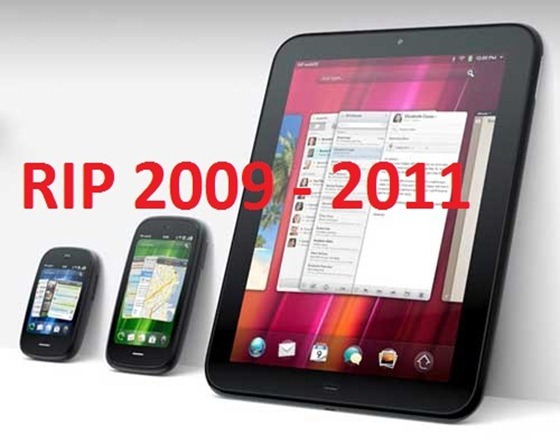Interesting article on the death of webOS and what it means for Windows Phone
3 min. read
Published on
Read our disclosure page to find out how can you help MSPoweruser sustain the editorial team Read more

Michael Mace, ex-Palm many years ago, has posted an interesting article on the failure of webOS.
While he takes on board the claim by Paul Mercer that the failure was in part was due to webkit being unsuitable for an application framework, he notes that a slow, under-featured operating system is normal for the first release of a product.
An operating system is an incredibly complex piece of software, just about the most complex software you can write. In the first version of an OS, the list of features you want to add is always much longer than what you can implement, there are always bugs you can’t find, and performance is always a problem. What’s worse, there is a built-in tension between those three problems — the more features you add, the more bugs you create. The more time you spend fixing bugs, the less time you have to improve performance. And so on. As a result, every new operating system, without exception, is an embarrassing set of compromises that frustrates its creators and does not deliver on the full promise of its vision.
The words are something to bear in mind when we become impatient with the slow feature add of Windows Phone 7.
Michael’s conclusion:
The operating systems that succeed are the ones that survive long enough for their big flaws to be fixed. That happens if the OS’s supporter has a deep, multi-version commitment to it (Windows) or if the OS does something else so compelling that customers are willing to buy it despite its flaws (graphics on the Mac). Your chances are best if you have both patience and differentiation.
.
.
The lesson: Who’s your daddy, and what’s your killer feature?
He notes Microsoft has the deep pockets to keep hacking away at Windows Phone 7 and make it perfect, but lacks the killer features that will make consumers buy the phones despite their flaws.
Michael’s analysis makes a lot of sense to me, and resonates with my editorial a few days ago – Microsoft needs to leverage its assets to give Windows Phone 7 exclusive features which resonate with the billions of Windows users.
Make the phones instant secondary screens to PCs when plugged in via USB to PCs, make them the perfect remote access client for Windows, let them work as extra controls for all Xbox 360 games, whatever, but do something compelling and make it exclusive – without exclusive features to draw customers in Windows Phone could end up as webOS 2.









User forum
0 messages